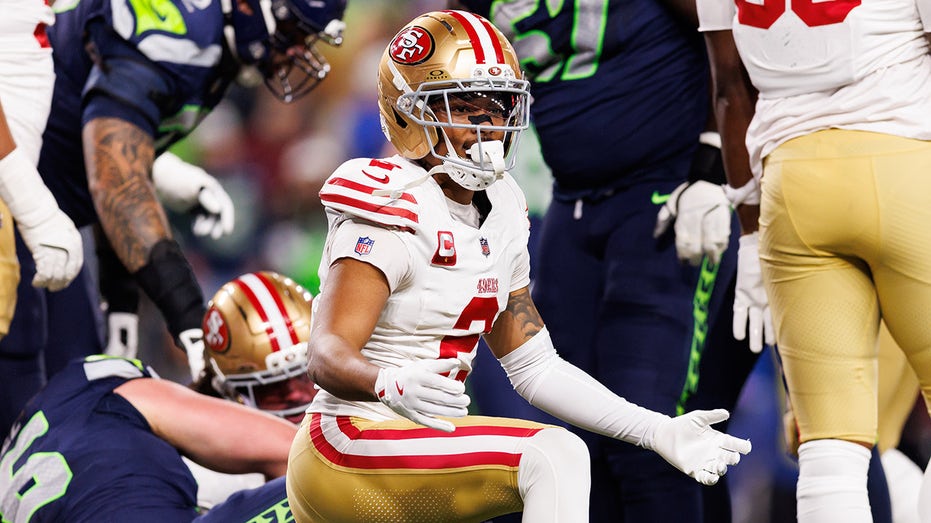
New reports confirm that corporate leaders are tightening their communications, opting for silence in response to increasing pressure from the Trump administration. As attacks escalate against high-profile critics like George Soros, Reid Hoffman, and comedian Jimmy Kimmel, CEOs are now shying away from public interviews and speaking engagements, fearing backlash from the White House and beyond.
UPDATE: Public relations professionals report a significant rise in CEOs declining media opportunities—two CEO clients of Marin Richardson from Disrupt PR in Austin recently turned down interviews, even on non-controversial topics. This cautious approach is largely fueled by the fear of being flagged for government contracts or appearing on a political radar. “They’re afraid of getting flagged or on a list that would imply they shouldn’t be engaged by the government,” Richardson explained.
While the Trump administration intensifies its critiques, the atmosphere in corporate America has shifted dramatically. Lydia Davey, co-founder of Attentio PR in San Francisco, noted that leaders are increasingly hesitant to express opinions on any subject, fearful that a misstep could derail their careers. One CEO even declined an opportunity to discuss the tourism industry, showcasing the growing anxiety among business leaders.
In recent weeks, Donald Trump has singled out Soros and Hoffman as Democratic donors needing investigation, while late-night shows, including Kimmel’s, faced backlash for comments on political issues. Leadership experts say that the current climate of political scrutiny is forcing organizations to become more insular. “Organizations and their leaders are aware, in this moment, of how vulnerable they are to the winds of political change,” said Don A. Moore, a professor at the University of California-Berkeley.
The situation is further complicated by recent comments from Vice President JD Vance, who urged Americans to report individuals promoting controversial views. This has resulted in companies like Microsoft, Delta Air Lines, and Nasdaq taking disciplinary actions against employees based on their social media statements.
Experts warn that the risk of public statements being taken out of context is daunting. With the potential for a CEO’s commentary to go viral and misinterpreted, many leaders prefer to stay quiet. “You don’t want to be baited into getting there,” cautioned Ronald J. Placone, a communications professor at Carnegie Mellon University.
For CEOs, the stakes are high. Any politically charged comment could jeopardize their employment, especially if company policies prohibit such language. Andrew B. Zelman, an employment attorney in Fort Lauderdale, highlighted that leaders must tread carefully to avoid financial repercussions for their businesses.
As the political landscape continues to shift, experts suggest that CEOs should focus on their core competencies. “Stay in your lane running the business,” advised Gary Rich, founder of Rich Leadership in New York. He cautioned that stepping outside their expertise often leads to complications.
The trend of corporate silence is a significant shift in a landscape where leaders once believed there was no such thing as bad publicity. As the political climate grows increasingly polarized, the ramifications of public statements could have lasting impacts on both personal careers and corporate reputations.
This situation is developing, and its implications for business leaders and the broader corporate environment remain to be seen. Stay tuned for further updates on this urgent issue.







